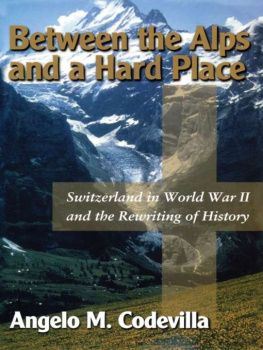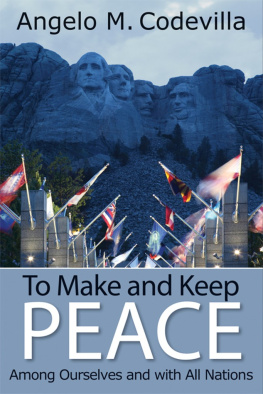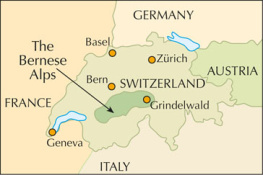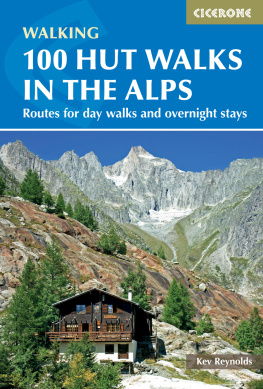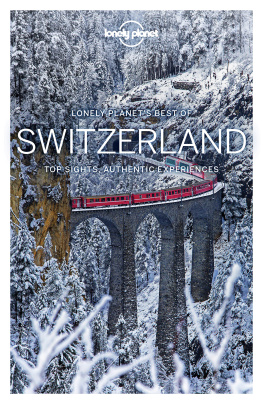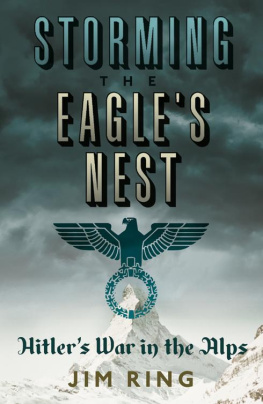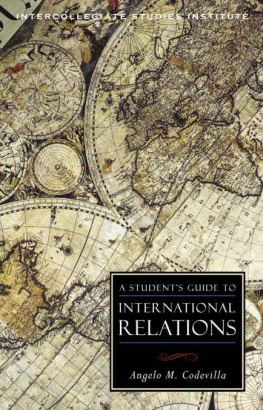CHAPTER 1
Pseudo Event vs. Reality
When harsh accusations depart too far from the truth, they leave bitter consequences.
Tacitus
BETWEEN JUNE 1995 AND AUGUST 12, 1998, a stream of news reports, congressional hearings, and semi-official committees of accountants and historians swirled around accusations that, contrary to what the world had thought for a half century, Switzerland had really been an ally of Nazi Germany in World War II. Worse, until now Switzerland had managed to hide its Nazi profits, including money that Jews fleeing the Holocaust had deposited in Swiss banks and that the banks kept from their heirs, as well as gold torn from the rest of Europeindeed gold torn from the very teeth of gassed Jews. Edgar Bronfman and his subordinates at the World Jewish Congress demanded billions of dollars in reparations, to be administered by organizations they controlled. Various parts of the U.S. government, led by President Bill Clinton, supported demands that the Swiss government pay up, lending substance to the threat of U.S. economic sanctions on Switzerland. Significantly, U.S. officials were careful never to make the threats officially.
The Swiss public reacted with resentment of everything American. Then on August 12, 1998, the two largest Swiss banks, Union Bank of Switzerland and Swiss Bank Corporation, plus Credit Suisse, agreed to pay $1.25 billion protection money to be allowed to continue to operate in the worlds financial center, New York City. At that very moment, the fine points being debated by committees of historians, as well as the assessment by auditors under former U.S. Federal Reserve Chairman Paul Volcker of whether this or that unclaimed account might have belonged to Holocaust victims, became uninteresting. The winners dropped their righteous anger and got down to the business of scrapping over the take.
The term that best describes the anti-Swiss campaign of 19951999 is pseudo event. A generation ago Librarian of Congress Daniel Boorstin coined it in his monumental book The Image: A Guide to the Pseudo Event in America.1 Once upon a time, wrote Boorstin, real events had been reported because they had happened. Nowadays, pseudo events exist only to the extent that anyone succeeds in getting them reported. The artificial character of the controversy over Switzerlands newly discovered villainy becomes obvious the instant one realizes that absolutely no new information emerged. In 1996 then-Senator Alfonse DAmato (R-NY), who did his best to spread the accusations, admitted as much, saying that even though the whole matter had been reviewed exhaustively a long time ago, it was new to him.2 Alas, the past is full of things unknown to those who have not made the effort to learn them.
In fact, every last scrap of information in the charges, defenses, and countercharges had been placed in archives a half century ago after being thrashed out by the people who had experienced that part of the war. In short, the authors of the campaign resurrected parts of an old story to support judgments diametrically opposite to the judgments of the original protagonists.
To us, the degree of valor or villainy of the Swiss fifty years ago is less significant than that the Clinton administration and its allies bent the reality of a chapter of history to suit one of their partys constituents. Compromising Americas standing in the world by franchising foreign policy to interest groups has become all too commonplace. More important, focusing attention on a historical event to serve current private interests dumbs down our understanding of how the world works. Both the attacks and the defenses focused on Swiss behavior rather than on the vital context of the warlooming inflation caused by Germanys extortion prices, Germanys nonpayment for industrial goods, the run on gold in the domestic Swiss market from around the globe, and so on. The controversy has thus detracted rather than contributed to our understanding of the art of policy-making under duress.
The experience of Switzerland, a free-market democracy trapped for four years between the Alps and the Nazis, is full of lessons about mixing military deterrence with economic incentives, and balancing the internal politics of a diverse country with the international balance of power. The Swiss experience also drives home the age-old lesson that the capacity of any country to influence another is proportionate to its capacity to harm or to protect the other. American statesmen in World War II knew these lessons. But their grandchildren who play with images are largely ignorant of them.
A Pseudo Event
The least important lessons concern the anti-Swiss campaign itself. These are largely about the state of American politics at the end of the twentieth century. In short, the only real event was that another coalition of powerful Americans had mounted another campaign using the power and prestige of the United States government to funnel money into its own hands.
A shrewd observer could see that the campaign against Switzerland was a pseudo event because those who waged it did not really mean what they said. Some, including U.S. officials, spoke as if the Swiss people, with whom the United States had always been friendly, had really been enemies all along. They broadly hinted at economic reprisals unless the Swiss paid a heavy sumnot to the U.S. Treasury, on behalf of the public, but to certain private organizations. But, if the charges of a covert alliance with the Nazis were true, the remedypaying to the World Jewish Congress and other private organizations a fraction of one percent of Switzerlands yearly gross domestic product (GDP)surely was too light. If Switzerland had really been an accomplice to some of this centurys worst crimes, if we had really just found out that the Swiss had been in on Hitlers schemes, the proper course of action would have been to treat Switzerland as a treacherous enemy. But no one introduced a bill in Congress to these ends. Nor did the U.S. government make or even formally study making such a serious charge. Nor did any department of government even consider renouncing the 1946 U.S.Swiss agreement that settled the claims arising out of World War II, much less did any department consider economic warfare against Switzerland.
This, then, was just another instance of the semi-official use of American power to transfer cash from not-so-favored parties to powerful officials favored private constituents, who then recycle some of the money back to the officials who made it all possible. A basic feature of pseudo events is that they serve the interests of their creators. Edgar Bronfmans World Jewish Congress, the principal creator of the campaign outside of government, was also among its beneficiaries. As for President Clinton and Senator DAmato, Edgar Bronfman paid them in advance with major political contributions. In sum, contemporary American politicians play with humanitarian and moral outrage as they do with other deadly tools of statecraft.
On April 23, 1996, Senator DAmato opened a hearing of the U.S. Senate Banking Committee he chaired, claiming, We have in our possession recently declassified documents that shed new light on Switzerlands role in World War II.3 DAmato claimed that the money deposited in Swiss banks in the 1930s by Jews like the father of one of his constituents, Greta Beer, amounted to [h]undreds of millions of dollars of assets monies under the direction of the Nazis being hidden away in Switzerland, well get to that.4 The only evidence for this nonsensical statement was a hearsay report from 1945 that cited someone saying that he had deposited $28 million in a Swiss bank. The Swiss government claimed that only $32 million in unclaimed assets remained in major banks in 1996.
The only documentation DAmato cited was an article in the

